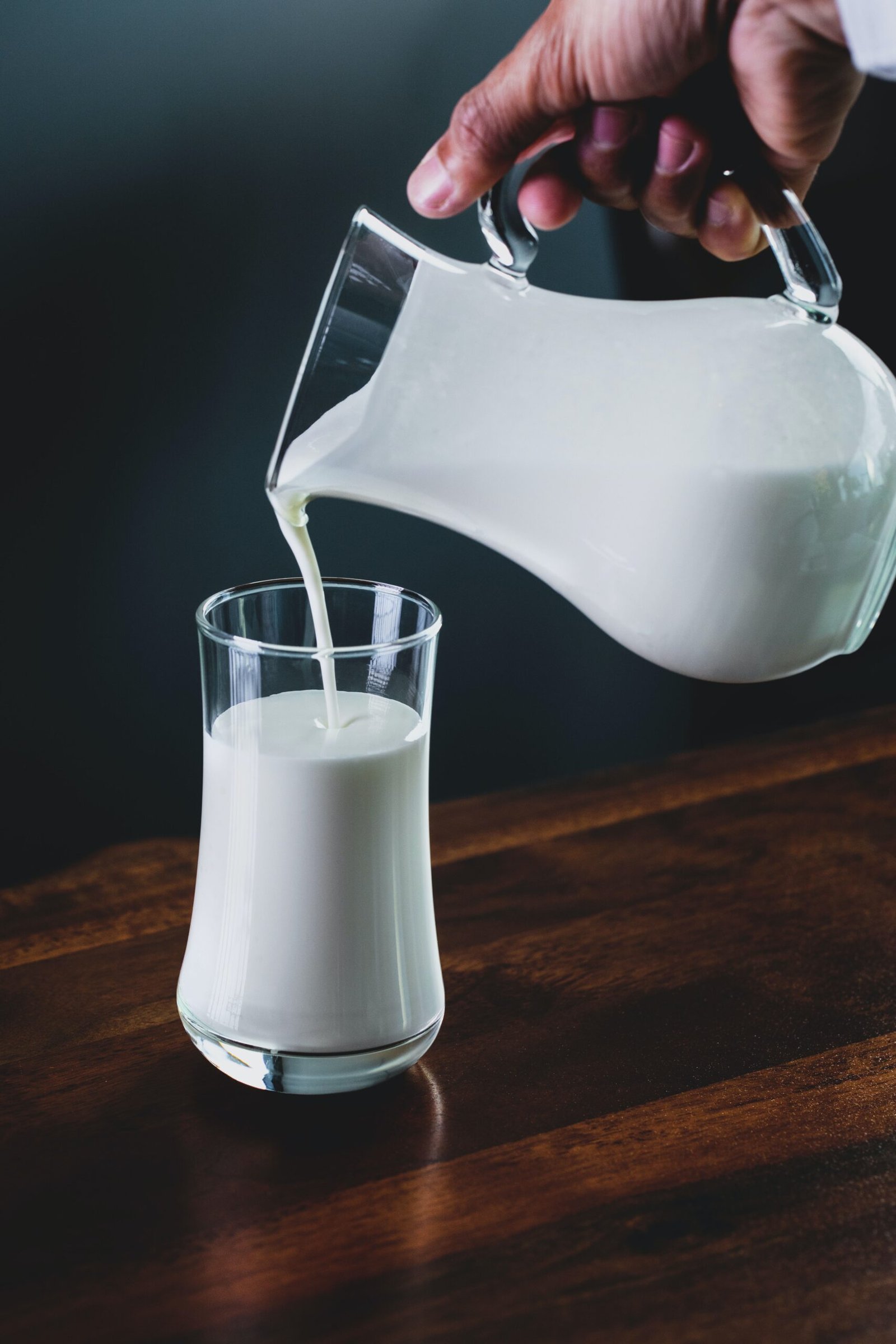When it comes to beverages that are packed with essential nutrients, milk is often at the top of the list. Not only is it a great source of calcium, but it also contains other vital nutrients like protein, vitamins, and minerals. Many people wonder about the calorie content of a glass of milk and how it fits into their daily dietary needs. In this article, we will explore the calorie content of one glass of milk and its nutritional benefits.
Calories in One Glass of Milk
The calorie content of a glass of milk can vary depending on the type of milk and the serving size. On average, one glass of whole milk (about 240 ml or 8 ounces) contains approximately 150 calories. However, it’s important to note that different types of milk, such as skim milk or low-fat milk, may have fewer calories.
Skim milk, also known as fat-free milk, is a popular choice for those looking to reduce their calorie intake. One glass of skim milk typically contains around 90-100 calories. This lower calorie content makes it a suitable option for individuals who are watching their weight or following a calorie-restricted diet.
Similarly, low-fat milk, which contains a reduced amount of fat compared to whole milk, usually has around 120-130 calories per glass. It provides a middle ground for those who want to enjoy the benefits of milk while still keeping their calorie intake in check.
Nutritional Benefits of Milk
Aside from its calorie content, milk offers numerous nutritional benefits. It is an excellent source of calcium, which is crucial for the development and maintenance of strong bones and teeth. One glass of milk provides approximately 30% of the recommended daily intake of calcium for adults.
Milk also contains high-quality protein, which is essential for building and repairing tissues in the body. It is particularly beneficial for muscle growth and recovery after exercise. Additionally, milk is a good source of vitamins such as vitamin D, vitamin B12, and vitamin A, as well as minerals like phosphorus and potassium.
Moreover, milk is often fortified with vitamin D, which plays a vital role in maintaining bone health and supporting the immune system. Vitamin D helps the body absorb calcium more effectively, ensuring that the body gets the maximum benefit from the calcium content in milk.
Incorporating Milk into a Balanced Diet
Including milk as part of a balanced diet can be a smart choice, as it provides essential nutrients in a convenient and easily accessible form. Whether you prefer whole milk, skim milk, or low-fat milk, incorporating a glass of milk into your daily routine can contribute to your overall nutritional needs.
It’s important to note that while milk is a nutritious beverage, individual dietary needs may vary. If you have specific dietary restrictions, such as lactose intolerance or a dairy allergy, there are alternative milk options available, such as almond milk, soy milk, or oat milk.
In conclusion, one glass of milk contains approximately 150 calories, with variations depending on the type of milk. Milk is not only a good source of calcium but also provides essential nutrients like protein, vitamins, and minerals. Incorporating milk into a balanced diet can help meet your nutritional needs and support overall health.


